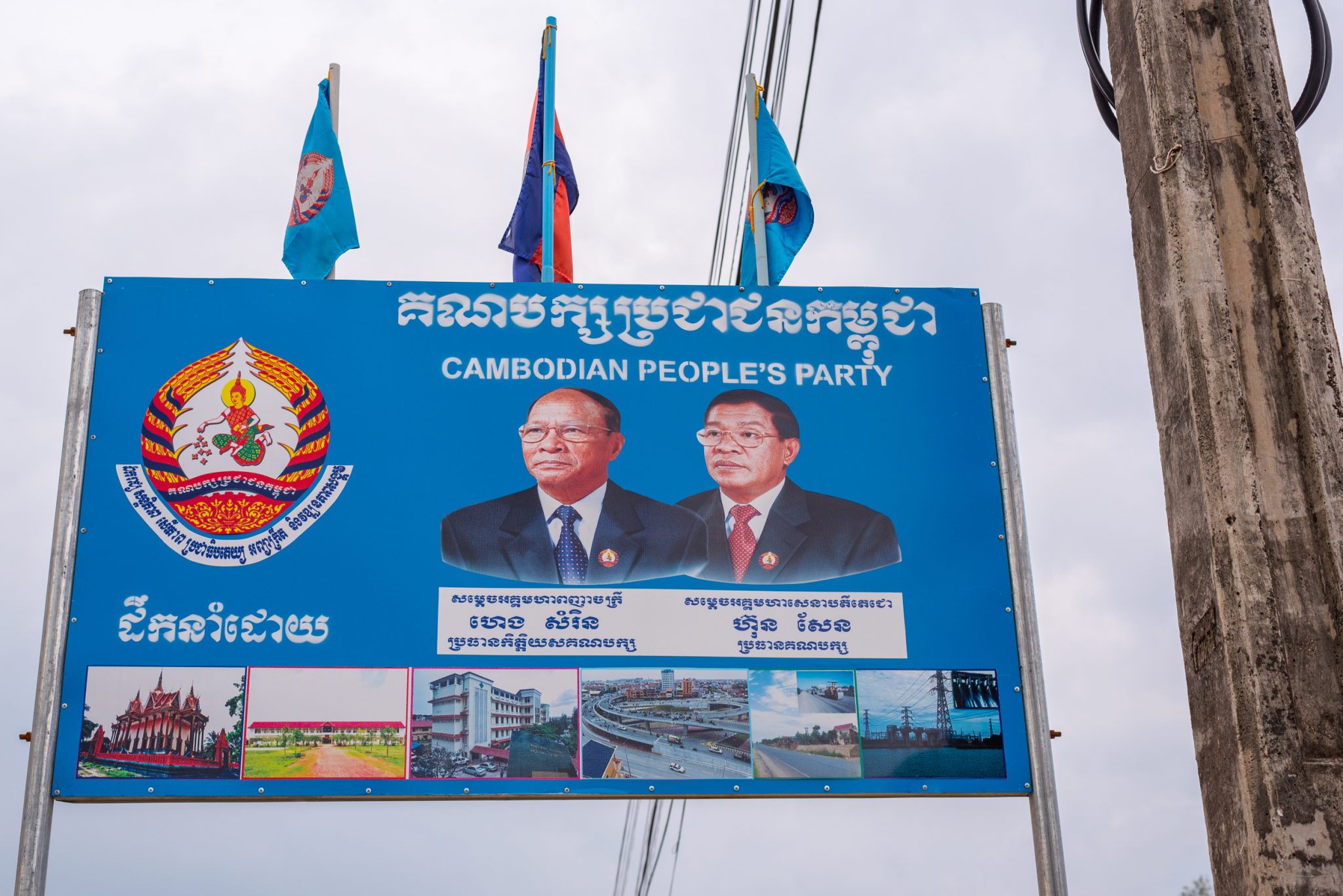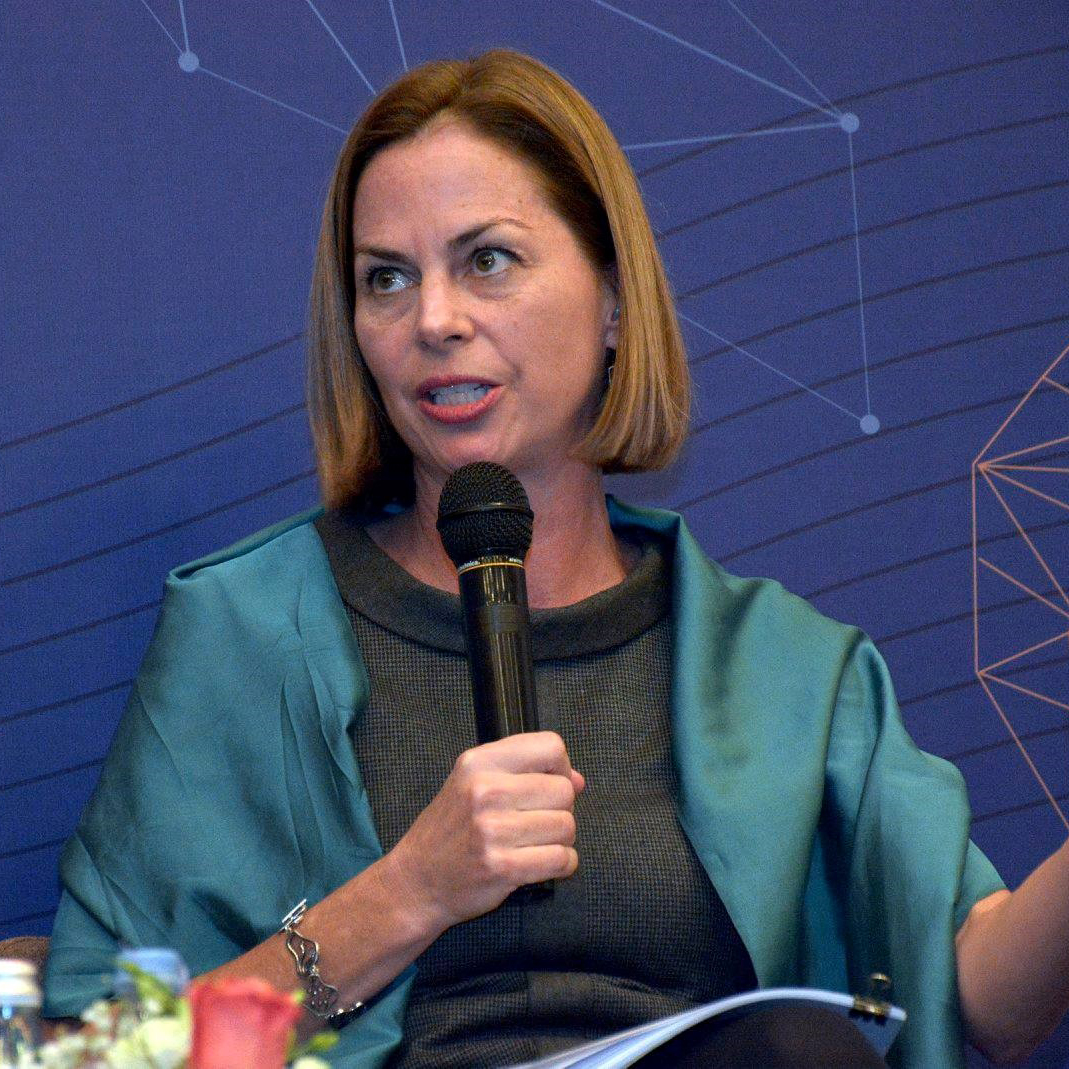In 1997, I was living in Cambodia, working for the U.S. government to help solidify the country’s fragile democracy. The air was hopeful: Civic groups were preparing to monitor upcoming elections, political parties were selecting candidates and drafting platforms, and newspapers had popped up to feverishly report on it all.
At his Fourth of July party, however, the U.S. ambassador to Phnom Penh warned of storm clouds ahead. The very next day, Hun Sen—a former military commander who at the time was Cambodia’s co–prime minister—marshaled the army and carried out a military coup. I stood on the rooftop of Hotel Cambodiana, where expats and government officials had fled for safety, and watched Hun Sen’s goons round up members of Parliament and political opponents, escorting them down to the Mekong River. It is reported that many were killed. I feverishly took Polaroid photos of the Cambodian opposition leaders hiding in the hotel, so that the ambassador could issue them the safety of U.S. passports.


